Mindful In May 2020 | Day 24
Day Twenty-four
DAY 24: Dr Elise Bialylew interviews Sarah Mackay
LISTEN TO INTERVIEW AUDIO ONLY BELOW
[accessally_missing_any_tag tag_id=’645′ comment=’MLP 2020′]
[/accessally_missing_any_tag]
[accessally_has_any_tag tag_id=’645′ comment=’MLP 2020′]
Mind Life Project Bonus Content:
Download your Transcript here.
[/accessally_has_any_tag]
Video Objectives About Sarah Mackay Video Objectives
In this video you’ll learn:
- Fascinating science around brain health and tips on how to keep your brain healthy
- Fascinating results of one of the world’s largest studies on predicting what makes us flourish
- What you can do to reduce the impact of brain ageing
About Sarah Mackay
 Dr Sarah McKay is a neuroscientist and science communicator who specialises in translating brain science research into simple, actionable strategies for peak performance, creativity, health and wellbeing. She is the author of The Women’s Brain: the neuroscience of health, hormones and happiness which explores the female lifespan through the lens of neurobiology. Sarah hosted an episode of ABC’s Catalyst exploring brain health, bio-hacking and longevity and is the director of The Neuroscience Academy, which offers professional development program in applied neuroscience and brain health. She features in the media regularly, including the Wall Street Journal, The Guardian, Sydney Morning Herald, The Age, and Body & Soul.
Dr Sarah McKay is a neuroscientist and science communicator who specialises in translating brain science research into simple, actionable strategies for peak performance, creativity, health and wellbeing. She is the author of The Women’s Brain: the neuroscience of health, hormones and happiness which explores the female lifespan through the lens of neurobiology. Sarah hosted an episode of ABC’s Catalyst exploring brain health, bio-hacking and longevity and is the director of The Neuroscience Academy, which offers professional development program in applied neuroscience and brain health. She features in the media regularly, including the Wall Street Journal, The Guardian, Sydney Morning Herald, The Age, and Body & Soul.
Loving-kindness – 18 minutes
by Kate James
*click play to listen to the meditation
Click here to find a library of guided meditations to try.
ABOUT

Kate James is an author, coach and mindfulness teacher who helps her clients discover authentic, creative and purposeful lives. Utilising tools from Positive Psychology, Acceptance and Commitment Therapy and mindfulness, Kate’s programs are about identifying unique strengths and developing self-belief so clients feel confident to pursue their own version of a well-lived life. She is the author of five best-selling books including, Believe in Yourself & Do What You Love and Be Mindful & Simplify Your Life.
The Lovingkindness Meditation
The lovingkindness meditation, traditionally called the Metta practice, is a simple but profoundly powerful one. It not only helps us develop compassion in our lives, but also acts as an antidote to the negative feelings we can experience towards ourselves or others.
In an interview with Sharon Salzberg, one of the world’s leading insight meditation teachers, she explains:
Sometimes lovingkindness is described as extending friendship to ourselves and others. I think of it as a type of self therapy, where we don’t just develop self acceptance, but we also develop the skills to alchemise negative feelings towards others into compassion.
Lovingkindness is a form of love that is an ability, and, as research scientists have shown, it can be learned. It is the ability to look at ourselves and others with kindness instead of reflexive criticism; to include in our concern not only those we love but others in our lives who we are less attached to. It invites us to care for ourselves unconditionally instead of thinking, ‘I will love myself as long as I never make a mistake.’ It is the ability to gather our attention and really listen to others, even those we’ve written off as not worth our time.
If you’re new to the lovingkindness meditation bring an open mind and heart to the meditation today and don’t get caught up in the words, but rather the intention and spirit of the practice. The benefits of this practice can unexpectedly arise in your daily life, so stick with it and practice it throughout the week alongside the other meditations. You can also change the words so that they suit you more and feel more resonant and meaningful. Make it your own.
It felt awkward and forced for me initially, but it has become a practice that nourishes me especially when I’m feeling depleted or despairing about the state of the world and the immense suffering that exists within it. The practice is an opportunity to pause and consciously bring kindness and compassion to ourselves and others. It’s a beautiful way of reminding ourselves of the truth of our interdependence and interconnectedness. Through the practice, we connect with the universal desire for happiness and our shared vulnerability in the face of constant change.
For more guidance around the lovingkindness practice read The Happiness Plan, Chapter 4.
Be Mindful after May
Continue your mindfulness journey for 6-months with guidance from Elise and extend your access to the Mindful in May program. Register before June 1st and save ~ $200.
stay on track
mark off your daily progress here
[progressally_objectives]
[progressally_progress_pie_chart size=”80″]
DONATE HERE
If you’d like to make a donation and be part of this impact you can still do so right here – every $50 will bring clean water to one person for life!
Bonus Interviews
Watch Elise’s conversations with three leading wellbeing experts, Judson Brewer, Kristin Neff and Rick Hanson.





